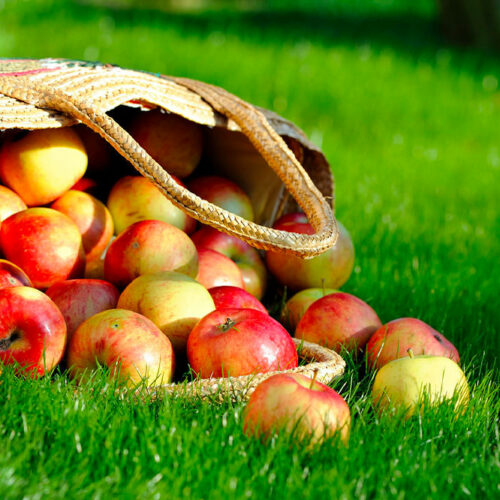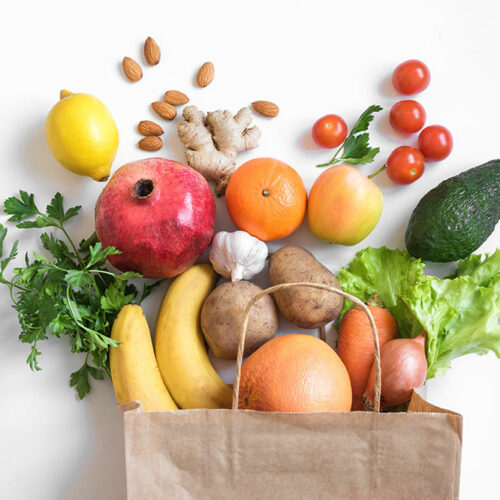Managing heartburn – 5 triggering foods to avoid

Heartburn is a common discomfort that many people experience at some point. It occurs when the acid in the stomach flows into the esophagus, leading to a burning sensation in the upper body or chest. This may worsen after eating and while lying down or bending over. Heartburn can mostly be managed by making certain lifestyle changes, including avoiding triggering foods. Keep reading to know about which foods to avoid that can trigger heartburn. Chilli Peppers Chilli peppers, known for their spicy kick and vibrant flavor, are a problem when it comes to heartburn. They contain capsaicin, a compound responsible for the fiery sensation in the mouth. Capsaicin also relaxes the lower esophageal sphincter (LES), which is a muscular ring that separates the stomach from the esophagus. When the LES is relaxed, it allows stomach acid to flow back up into the esophagus, resulting in heartburn. To minimize the risk of heartburn, individuals prone to this condition must consider milder alternatives. Sausages Sausages can trigger heartburn due to their fatty content. These foods slow down the emptying of the stomach, leading to increased pressure on the LES. This pressure can force stomach acid into the esophagus, causing heartburn. Pizza Pizza, a beloved comfort food, can be a heartburn culprit due to its potential triggers:






